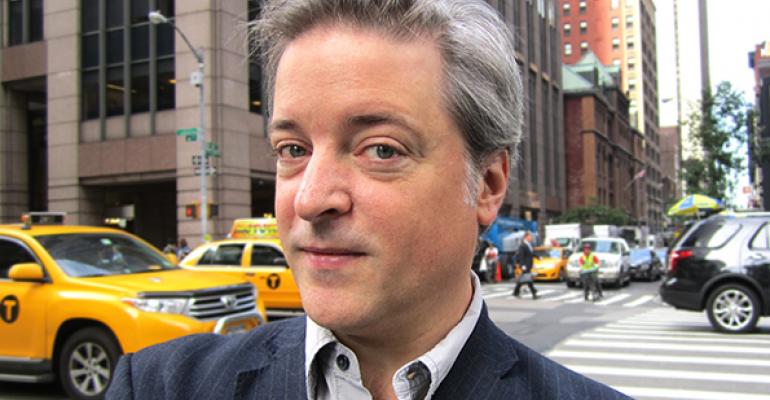Just a quick note in this issue to let you know what is happening with our WealthManagement.com awards this fall.
This year, the day of our awards dinner we’re hosting three roundtable discussions with executives from firms that serve the advisory space focused on technology, asset management distribution and marketing.
I’m particularly interested in the asset management discussion; in this issue, new contributor Dan Weil takes a look at the wave of “thematic ETFs” hitting the exchanges. These “passive” funds hope to outperform the broader market with investments in companies that are set to benefit from trends or issues taking place in society or the economy—a kind of “investing by today’s headline” approach. The pace of new fund launches is quickening. It’s the asset management industry’s most recent fad.
For instance, a State Street fund with the ticker SHE hopes to capture the upside of companies that have a greater than average number of women in executive positions. Then there are new funds from Janus with the ticker SLIM, for companies on the forefront of battling America’s obesity epidemic, and OLD, for long-term care insurance companies, a bet on increasing longevity.
Any of these may be great ideas, and of course, building investment portfolios around a particular theme is not new; consider the funds focused on a slice of fast-emerging market economies, or any kind of technology fund.
But the increasingly topical focus of the recent arrivals strikes me more as an industry desperate to keep innovating when it’s not all that clear the new innovation is needed, at least for any reason beyond charging investors a bit more. We can already buy the entire market for fractions of a percentage, and those prices are likely dropping even further—in some cases to zero.
In presenting some recent research from our partners at Fuse, I was struck by how concentrated most financial advisors were in the products of their top three wholesalers. Close to 40 percent of the funds they use were from these firms, and they expect the level of concentration to go even higher. That, combined with an inexorable trend away from active investment strategies, puts all but the largest asset management shops in a pinch. Thematic ETFs may be winners and justify their comparatively higher prices. Perhaps. But the sheer volume of firms getting into the space suggests this is more of a land grab, when it’s not clear there’s any gold in the ground.
So innovation is happening, but is it for the benefit of the investor? Or the producer? It will be interesting to see how asset managers continue to respond to the shifting dynamics of the market, and I hope our roundtable discussions help shed some light.

David Armstrong
Editor-In-Chief






